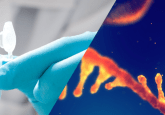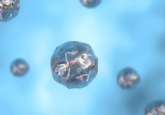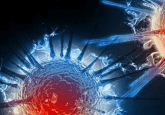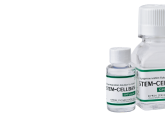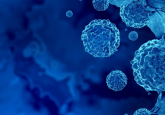Handbook: organoid cryopreservation
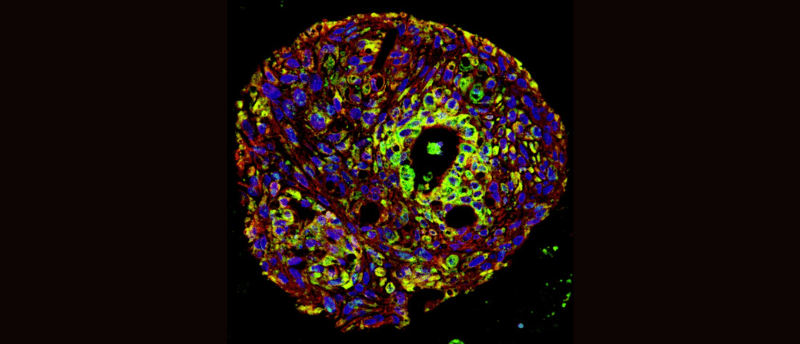
AMSBIO (Oxford, UK) has published an informative handbook for scientists who need to preserve or archive organoids in a research lab.
The handbook brings together published paper citations, quotes and data from leading international research groups who are using the CELLBANKER® range of products to cryopreserve their organoids simply and safely. In addition, the handbook includes best practice protocols plus information making it easier to understand the process of freezing organoids and to choose the optimum cryopreservation media for your application.
Proven capable of recreating aspects of organ structure and function in vivo, organoids are organ-like structures that can be prepared by 3D cell culture and differentiation of stem cells or organ progenitors. Organoids are proving increasingly popular because they maintain genetic information, are CRISPR compatible, expand tractable cell line availability, make sharing libraries easier and are proving useful in drug sensitivity assays. Consequently, use of organoid culture models is now widespread in areas including organogenesis models, drug testing, tumor / disease / infection models, toxicity screening as well as personalized & regenerative medicine.
The CELLBANKER® series of easy-to-use cell cryopreservation media offer superior protection against cell stress during freeze/thaw cycles and have been validated for cryopreservation of organoids. As a cell freezing medium, CELLBANKER® does not require a gradual temperature decrease in a programmed freezer or storage in liquid nitrogen to guarantee efficient cell storage. This makes CELLBANKER® more affordable and accessible than other cell freezing media.
STEM CELLBANKER® is a GMP-compliant, chemically defined freezing medium with formulation optimized for storage of stem and iPS cells and organoids. Supplied ready-to-use with a simple usage protocol, STEM CELLBANKER is completely free of serum and animal derived components and contains only Pharmacopoeia graded ingredients. STEM CELLBANKER significantly increases cell viability while maintaining cell pluripotency, normal karyotype and proliferation ability following resuscitation from cryopreservation, even after extended long-term storage.
To download the Organoid Cryopreservation Handbook please visit https://resources.amsbio.com/Brochure/0622%20Cryopreservation%20of%20Organoids_brochure.pdf. For further information please visit www.amsbio.com/Cryopreservation-of-organoids/ or contact AMSBIO on +31-72-8080244 / +44-1235-828200 / +1-617-945-5033 or [email protected]. AMSBIO is a leading supplier of high-performance products for organoid growth, harvesting and storage.
About AMSBIO
Founded in 1987, AMS Biotechnology (AMSBIO) is recognized today as a leading transatlantic company contributing to the acceleration of discovery through the provision of cutting-edge life science technology, products and services for research and development in the medical, nutrition, cosmetics, and energy industries. AMSBIO has in-depth expertise in extracellular matrices to provide elegant solutions for studying cell motility, migration, invasion, and proliferation. This expertise in cell culture and the ECM allows AMSBIO to partner with clients in tailoring cell systems to enhance organoid and spheroid screening outcomes using a variety of 3D culture systems, including organ-on-a-chip microfluidics. For drug discovery research, AMSBIO offers assays, recombinant proteins, and cell lines. Drawing upon a huge and comprehensive biorepository, AMSBIO is widely recognized as a leading provider of high-quality tissue specimens (including custom procurement) from both human and animal tissues. The company provides unique clinical-grade products for stem cell and cell therapy applications. This includes GMP cryopreservation technology, and high-quality solutions for viral delivery (lentivirus, adenovirus, and adeno-associated virus.

